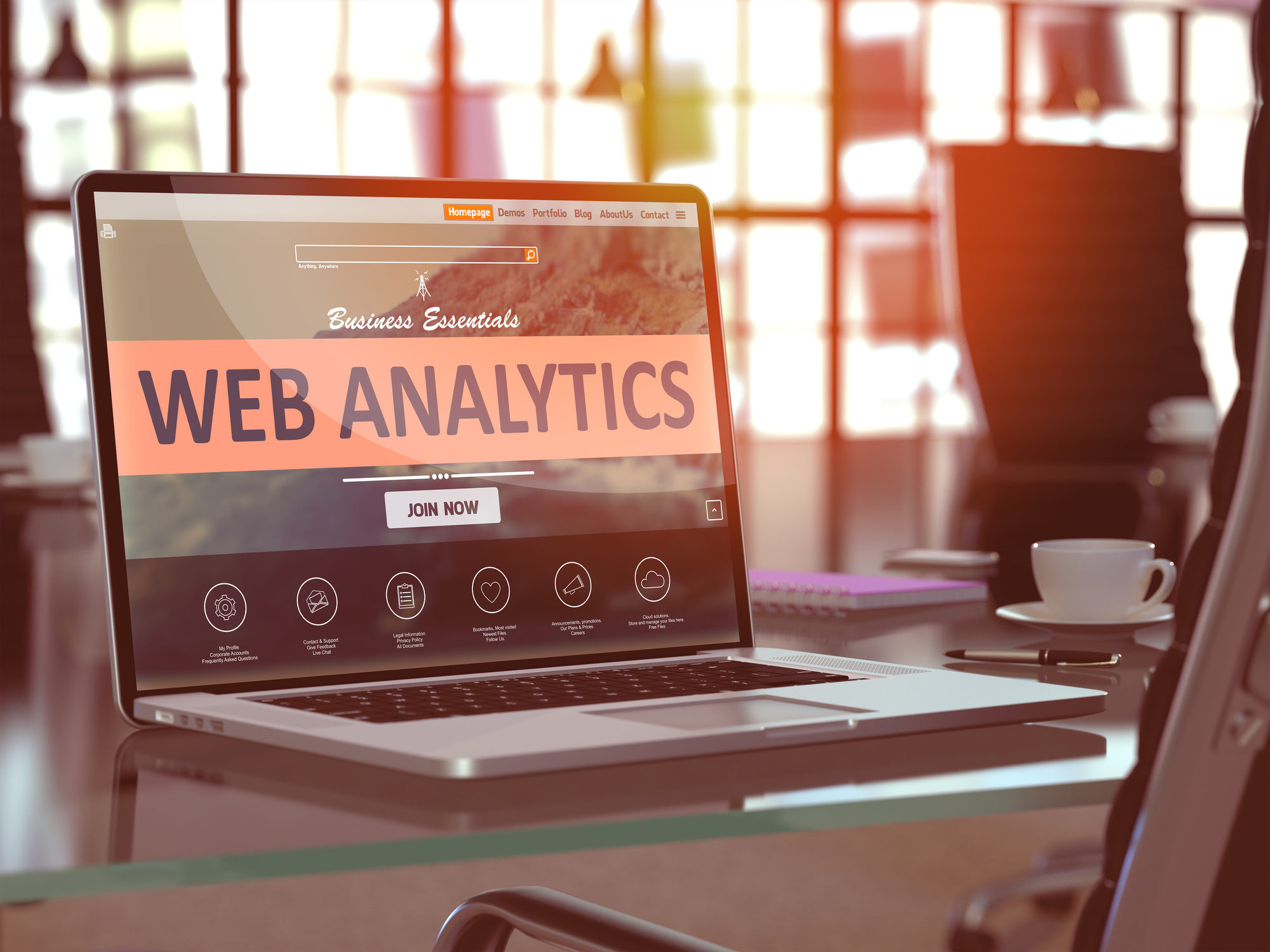
Did you know that 90.63% of webpages get no organic search traffic?
If you are raking in page views from search, this means you're already in the top 10% of web pages. To drive your site to further success, you must know how to analyze your analytics.
One of the main sets of metrics is page views. If you've been paying attention to your analytics dashboard, you might be wondering what is the difference between page views vs unique page views.
If you're aiming to drive traffic and perhaps sales with your digital marketing efforts, it's essential that you know the difference between these two metrics and what their relationship to each other should be.
Ready to get smart to page views vs unique page views? Keep reading to find out everything you need to know, as well as some other important metrics definitions.
To begin with, a page view is a view of a page on your site by a visitor.
Your total page views consist of the number of times all the pages on your site have been viewed. For instance, if one visitor lands on your blog post, this is one page view.
Let's say, after this, they go and read your about page, and finally, check out your services or shop page. In total, this would count as three page views. If the visitor then returns the next day to look at your services or products page again, this would create another page view.
Other actions that are counted in page view metrics are page reloads and repeat visits.
For instance, if a visitor refreshes a page, this will count as a new page view. If they visit the same page numerous times, all of these visits also go towards your total page view number in your analytics.
So then, what are unique page views? When it comes to page views vs unique page views, the main difference is that unique page views combine all the pageviews from one visitor in one session.
They do not include:
Now, you might be wondering, what is a session exactly? Browsing sessions are one session of activity. Sessions end after 30 minutes of non-activity or at midnight.
Now that you know the difference between page views vs unique page views, which is the more important metric? As page views and unique page views measure more or less the same thing, neither is more important than the other.
However, differentiating between page views and unique page views can give you some handy insights into your audience. For instance, if your page views are a lot higher than your unique page views, this can indicate that your visitors are very engaged with your page.
They might be refreshing it multiple times or revisiting it repeatedly during one session.
Besides understanding page views vs unique page views, there are also some other analytics you need to know about for monitoring your metrics and site data.
These include sessions, new vs returning visitors, and session RPM vs page RPM.
We touched on sessions above, but it's worth expanding on this metrics term.
Sessions are defined as a set of interactions from inbound traffic with your site that happen within a certain time frame. Sessions can comprise of multiple interactions and can include page views, e-commerce purchases, etc.
A session can be anything from 24 hours to a few minutes, depending on how long the visitor remained active on your site. However, most session durations are only a couple of minutes long. If your average session period is above three minutes, this is a healthy session time.
Another important set of metrics to look at in your analytics is new visitors vs returning visitors. These two metrics are pretty self-explanatory.
New visitors are those that have never visited your site before, and returning visitors those who have.
Those who are new to content marketing might think that new visitors are the metric to boost. However, this is not necessarily the case. While new visitors are important for your site's growth, so are returning visitors.
Returning visitors are generally more qualified leads. According to statistics, returning visitors have a 75% higher chance of making a purchase.
In general, it's good to have a balance between returning and new visitors.
Lastly, if you are new to measuring your site's analytics, you'll also want to understand the difference between session vs page RPMs.
Just in case you aren't familiar with the abbreviation, RPM stands for Revenue Per Mille or revenue per 1,000 impressions.
Page RPM is a metric that is most useful to advertisers. It measures how much it costs to display an ad 1,000 times. This determines the cost of a particular ad and is something you'll be working with a lot if you do paid ads.
Session RPM, on the other hand, is a metric that's aimed at site owners and publishers. This data tells you how much you earn from 1,000 visits to your site if it displays ads.
If you are looking to grow your site and its revenue, it's essential that you understand what the metrics mean in your analytics dashboard. Tracking your analytics is very important, as it lets you know what is performing well and what isn't.
However, owning a successful site isn't just about knowing the difference between page views vs unique page views.
Besides measuring your analytics, it's also important to update your site with fresh content and make sure that your SEO is up to scratch.
If you need help with these areas, our services marketplace has it all. Browse our SEO section today to see connect with an expert.